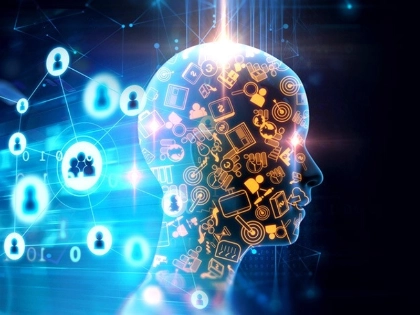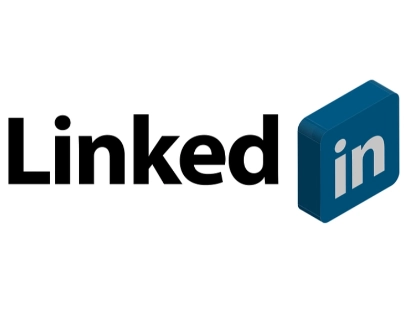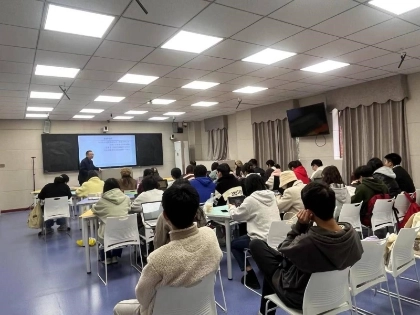The Role of Artificial Intelligence in Enhancing Online MBA Education
MBA students can benefit from individualised learning experiences made possible by AI-enabled platforms and technologies. They can use this to better their study journey, pinpoint their areas of strength and weakness, and advance at their own speed. Nonetheless, when integrating AI into the business curriculum, there are some ethical issues to be mindful of. These include encouraging openness, keeping an eye on things with human oversight, and giving data security and privacy top priority.
Tailored Education
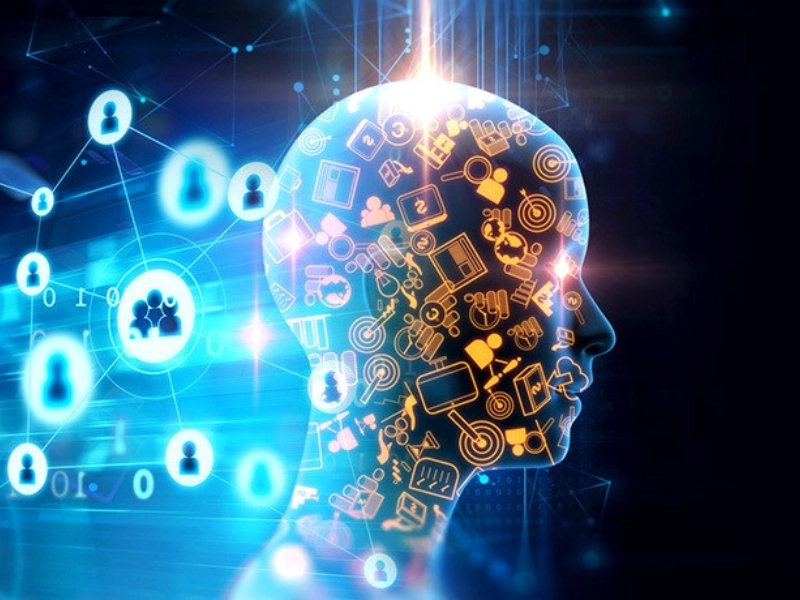
Flexible Evaluations
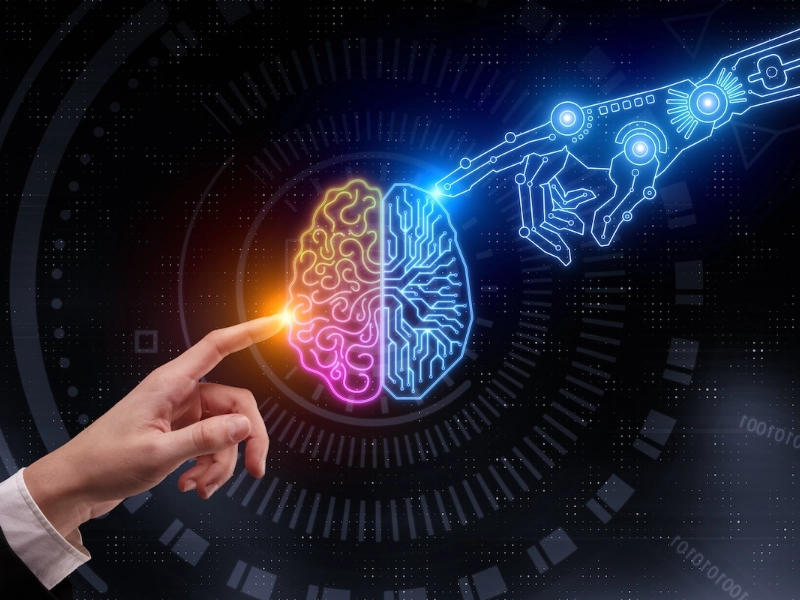 Students can benefit from a more individualised experience with their MBA programmes thanks to adaptive evaluations. They can also get more pertinent feedback and have a better understanding of their own advantages and disadvantages. With this strategy, kids are guaranteed to get the greatest education possible and to reach their full potential.
AI systems modify test questions according to each student's performance and knowledge level during adaptive testing. This lessens the likelihood that pupils may encounter too-hard questions or waste time on too-easy ones. In addition to improving exam security, this makes studying for students more comfortable and pleasurable.
Students that work with AI are exposed to a wide range of problem-solving techniques and learn how to deconstruct complicated problems into manageable jobs, which helps them come up with dependable answers that they couldn't come up with otherwise. Students who possess this kind of mental agility and flexibility will be better able to create original business concepts and solutions.
Students can benefit from a more individualised experience with their MBA programmes thanks to adaptive evaluations. They can also get more pertinent feedback and have a better understanding of their own advantages and disadvantages. With this strategy, kids are guaranteed to get the greatest education possible and to reach their full potential.
AI systems modify test questions according to each student's performance and knowledge level during adaptive testing. This lessens the likelihood that pupils may encounter too-hard questions or waste time on too-easy ones. In addition to improving exam security, this makes studying for students more comfortable and pleasurable.
Students that work with AI are exposed to a wide range of problem-solving techniques and learn how to deconstruct complicated problems into manageable jobs, which helps them come up with dependable answers that they couldn't come up with otherwise. Students who possess this kind of mental agility and flexibility will be better able to create original business concepts and solutions.
Skillful mentoring programmes
 AI-based tutoring systems can optimise learning by offering pupils individualised instruction. They are able to monitor the development of each child and respond to inquiries instantly, giving immediate feedback. They can also assist pupils with challenging assignments that are hard for a human to explain.
But incorporating AI into MBA programmes raises ethical questions that educational institutions need to answer. These include upholding accountability and openness, reducing bias and advancing fairness, and guaranteeing data privacy and security.
The possibility of AI replacing human teachers in higher education is another problem. However, by including AI in the curriculum, providing opportunities for practical learning, and giving ethical issues top priority, institutions can lessen this risk. This will enable them to get students ready for the corporate world of the future.
AI-based tutoring systems can optimise learning by offering pupils individualised instruction. They are able to monitor the development of each child and respond to inquiries instantly, giving immediate feedback. They can also assist pupils with challenging assignments that are hard for a human to explain.
But incorporating AI into MBA programmes raises ethical questions that educational institutions need to answer. These include upholding accountability and openness, reducing bias and advancing fairness, and guaranteeing data privacy and security.
The possibility of AI replacing human teachers in higher education is another problem. However, by including AI in the curriculum, providing opportunities for practical learning, and giving ethical issues top priority, institutions can lessen this risk. This will enable them to get students ready for the corporate world of the future.
Digital Reality
 There is a revolutionary change taking place in the business education scene. AI is starting to appear often in curricula, providing MBA students with a customised educational experience. This is a really positive development since it gives aspiring leaders the know-how and abilities they need to thrive in a dynamic corporate environment.
In addition to increasing the productivity of individuals who specialise, generative AI techniques also help non-domain experts become more generalists. Product managers in technology businesses, for instance, frequently have multidisciplinary responsibilities and must be knowledgeable about engineering, analytics, strategy, marketing, and management.
The new "Coffee, Tea and ChatGPT" lecture series and the 2023 ASU+Global Silicon Valley Summit at Arizona State University offer a venue for academics, staff, and outside guests to talk about how cutting-edge technology like artificial intelligence (AI) might affect education, research, and business.
There is a revolutionary change taking place in the business education scene. AI is starting to appear often in curricula, providing MBA students with a customised educational experience. This is a really positive development since it gives aspiring leaders the know-how and abilities they need to thrive in a dynamic corporate environment.
In addition to increasing the productivity of individuals who specialise, generative AI techniques also help non-domain experts become more generalists. Product managers in technology businesses, for instance, frequently have multidisciplinary responsibilities and must be knowledgeable about engineering, analytics, strategy, marketing, and management.
The new "Coffee, Tea and ChatGPT" lecture series and the 2023 ASU+Global Silicon Valley Summit at Arizona State University offer a venue for academics, staff, and outside guests to talk about how cutting-edge technology like artificial intelligence (AI) might affect education, research, and business.
